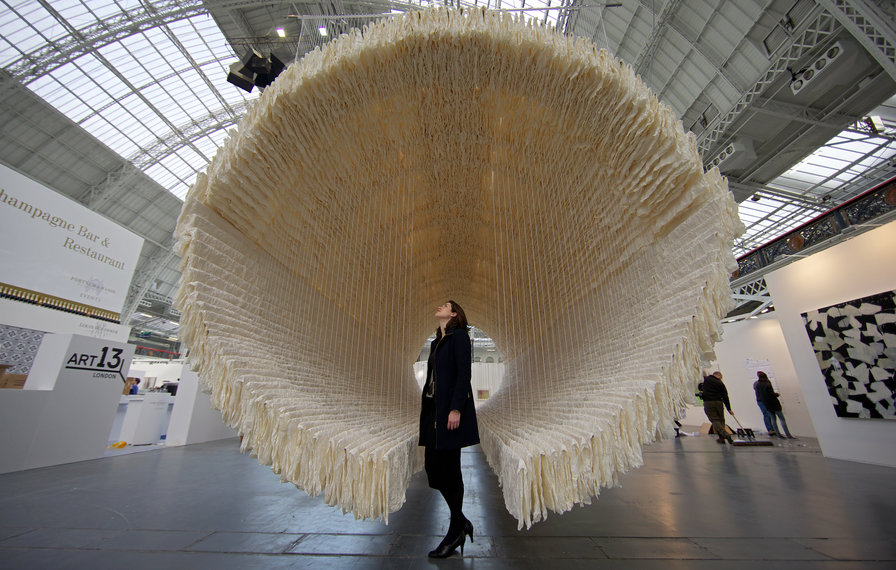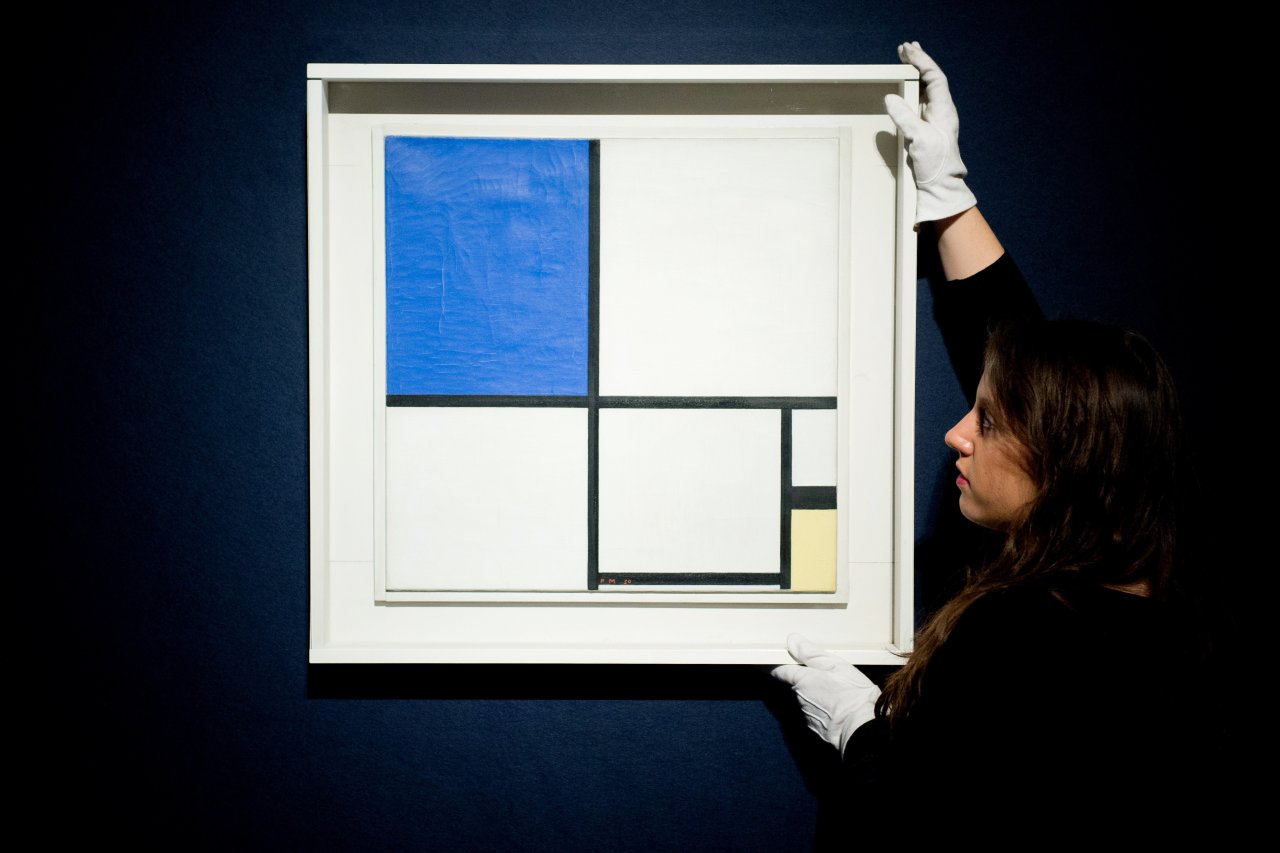
We all want to be more creative. After all, it’s disruptive technology, the next great book, song, or movie, or the ultimate scientific breakthrough that alters the course of human history. Within creation lies not only fame or fortune, but legacy. You are among the rare few who leave a lasting mark.
You’d think an open, rule-free zone would help goose the juices. Experts say in actuality, imposing restrictions is more likely to encourage creativity.In entrepreneurship, limitations are naturally imposed. For example, it’s your budget, regulations, competitors, and market forces which must be dealt with. In say aircraft design it can be things the laws of aerodynamics, available materials, budget, fuel, and weight. In the arts however, the blank page or canvas can be daunting as such rules don’t often apply. Because of this, many creatives put artificial limitations on themselves.
For example, Miles Davis wrote an entire album, Kind of Blue, without a single chord. Artist Piet Mondrian midwifed Modernism by restricting his paintings to right angles and primary colors. Even Theodore Geisel, better known as Dr. Seuss, restrained himself to produce his most memorable works. Dr. Geisel’s advice, “If you’re someone who writes or paints, don’t be afraid to try constraints!”
In Ikebana or the art of Japanese flower arrangement, negative space is considered crucial. It’s this aspect that allows for novel shapes and dimensions which might not otherwise ever become realized. As one Japanophile put it, “In formality there is freedom.
” The tech world offers examples too. Consider Twitter’s character limit, the spare, sleek look of an iPod, and Google’s homepage.
“Composition No. 2 with Blue and Yellow” by Piet Mondrian (1930). Getty Images.
Recently, two parallel experiments published in the journal Psychology of Aesthetics, Creativity and the Arts, added credence to this phenomenon. The study was entitled, “The Green Eggs and Ham Hypothesis.” Why was it named so? The book contains just 50 words, which may have played a role it its development and success. Catrinel Haught-Tromp of Rider…
The post Why Imposing Restrictions Can Actually Boost Creativity appeared first on FeedBox.